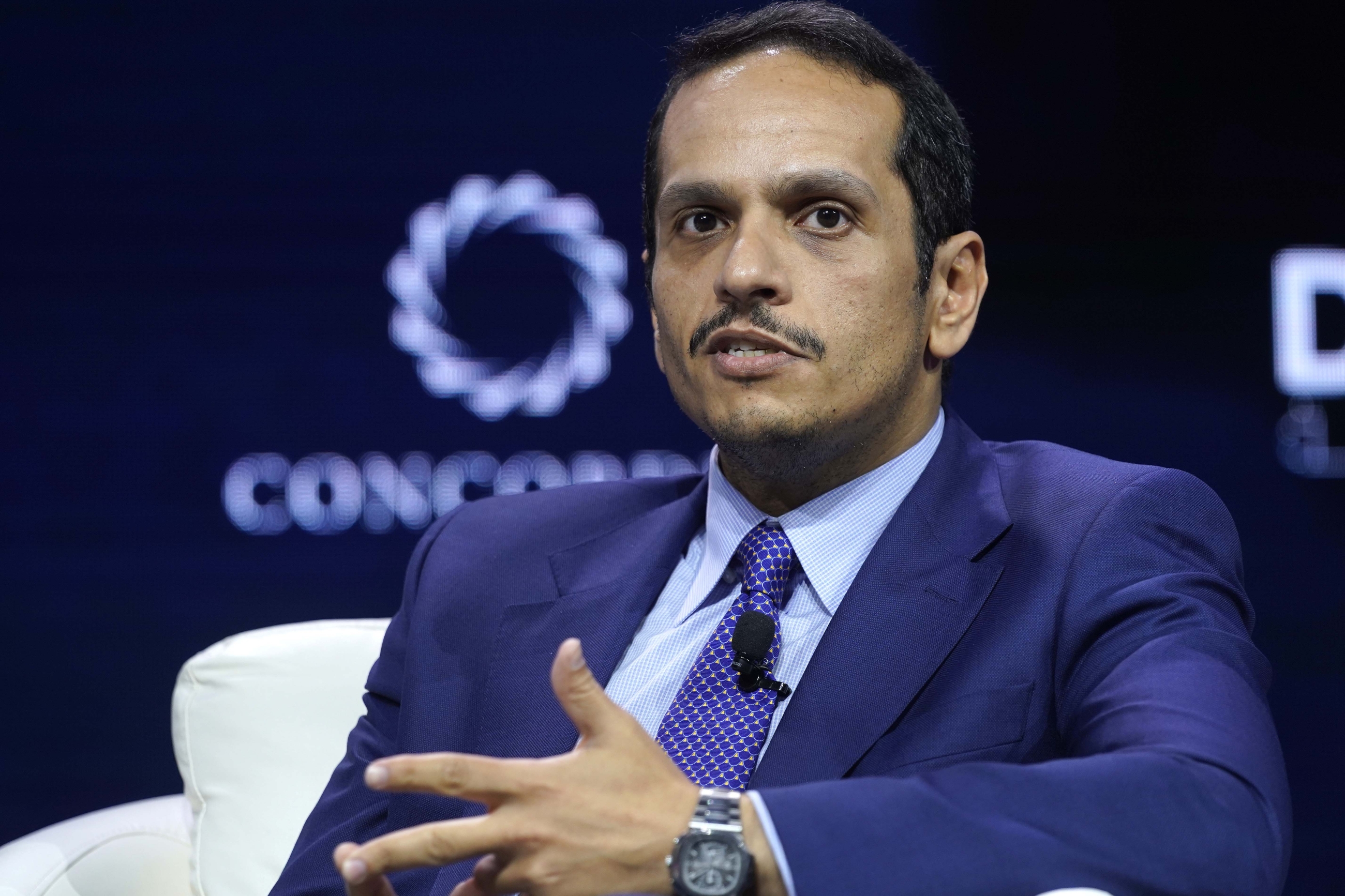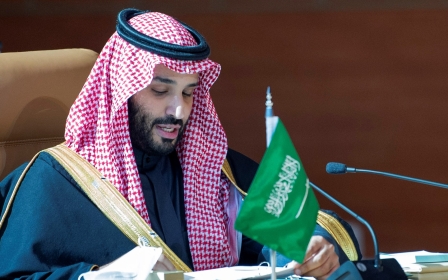Qatar says it will not alter relations with Iran or Turkey after Gulf breakthrough

Qatar's relations with Iran and Turkey will not be affected by Doha's recent reconciliation agreement with blockading states Saudi Arabia, the UAE, Bahrain, and Egypt, Doha's chief diplomat has said.
Foreign Minister Sheikh Mohammed bin Abdulrahman Al Thani said in an interview with The Financial Times on Thursday that despite making some concessions to end the Gulf dispute, Qatar would maintain an independent foreign policy.
"Bilateral relationships are mainly driven by a sovereign decision of the country... [and] the national interest," he told the FT.
"So there is no effect on our relationship with any other country."
In 2017, Saudi Arabia, the United Arab Emirates, Bahrain and Egypt severed diplomatic, trade and travel ties with Qatar over claims that Doha supported terrorism, a charge the country has long denied.
Stay informed with MEE's newsletters
Sign up to get the latest alerts, insights and analysis, starting with Turkey Unpacked
The four nations subsequently expelled Qataris residing in their countries and issued a list of 13 demands, including shuttering the Al Jazeera news network, ending Turkish military presence in Qatar and cutting diplomatic ties with Iran - all of which were turned down by Doha.
Qatar's air, land and sea links with its neighbours were cut, forcing it to increase imports for food and medicine from Turkey, Oman and others.
On Tuesday, after weeks of shuttle diplomacy, Saudi Arabia and its three Arab allies signed a "peace and solidarity" statement and also agreed to fully restore ties, including the resumption of flights.
While the final declaration only contained a general pledge of solidarity, Sheikh Mohammed said that "hopefully within a week from the signing... things should come back to normal."
While Tuesday's announcements marked a major milestone towards resolving the Gulf crisis, the rift between Abu Dhabi and Doha has been the deepest, with the UAE and Qatar at sharp ideological odds.
Sheikh Mohammed voiced optimism over the agreement and said he hoped the other countries "will have the same political will as the Saudis, and they will find Qatar has [the] political will to engage".
"It will take some steps among the countries to rebuild the relationship... there will be differences, some outstanding issues that will be discussed bilaterally between the countries," he said.
"Each country has a different set of disagreements with Qatar."
Middle East Eye delivers independent and unrivalled coverage and analysis of the Middle East, North Africa and beyond. To learn more about republishing this content and the associated fees, please fill out this form. More about MEE can be found here.





